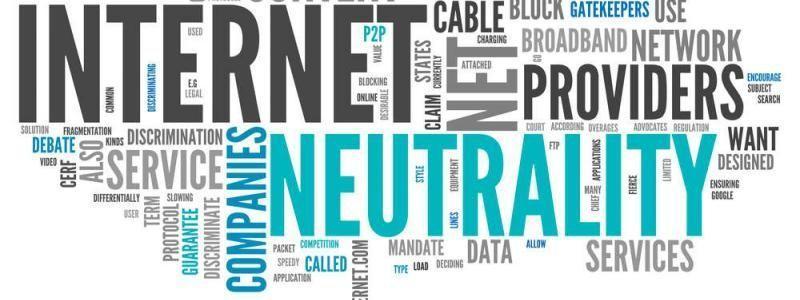FCC Adopts Net Neutrality Rules

Ever since its existence, the internet has been labeled as free and open. Anyone can gain access to the internet for a nominal fee, or visit locations that provide free WiFi, and the internet up until now has been unregulated for the most part. Lately, there has been a lot of controversy regarding whether this will change. And today, the Federal Communications Commission voted to implement new net neutrality rules that will make sure Internet service providers will treat legal content equally. This is considered a win for most people as the internet will now stay fast, fair, and open.
The History of Net Neutrality
Net Neutrality has been in talks for years, and the first time regulation of the internet was considered was back in 2008 when Comcast was found to be inhibiting its users from using certain file-sharing software. Customers found to be using this software could have their internet service terminated by Comcast with no warning.
Since then, there has been a lot of talk regarding whether the Internet will stay open. Internet streaming technology is rapidly changing and many Internet service providers (ISPs) wanted to create fast lanes, or paid prioritization deals. These would allow people who pay more to get internet faster. It would ensure that big companies get paid more for something that has been free for years.
The Goals of Net Neutrality
Net Neutrality is said to create a level playing field for everyone. In the past ISPs have been able to block certain websites that generate too much traffic or use too much bandwidth. Cell phone providers have been able to block certain apps from being used on their networks, such as Google Wallet and Skype. Nationwide telecommunication providers such as Comcast and AT&T have been able to block smaller local ISPs from conducting business in cities that they exclusively control. The FCC has put rules in place to change this and keep it from happening, and net neutrality is said to keep these rules in place and level out the playing field completely.
What Does Net Neutrality Mean for You?
Most internet customers in the United States have two options for reliable internet: go with a national giant ISP, or go with satellite internet. Obviously most consumers are going to choose to go with the national giant ISP because satellite internet, while reliable most of the time, is rather slow and doesn't work well with applications that require low latencies, such as Skype or Netflix. Because most consumers only have the choice of a national ISP, they are forced to pay whatever price that ISP wants to charge, because the ISP knows that they are the only provider in the area and the only option for the consumer.
Net Neutrality would allow new, local ISPs to come in and compete with the national providers. This would mean more options for customers based on what type of connection they are looking for, whether it be DSL, standard broadband, or fiber. They will also have a wide variety of pricing options. Plus, if a local ISP comes in and can deliver comparable internet to what a national ISP offers, the national ISP would be inclined to lower their prices to remain competitive. This would mean fair prices overall.
When does Net Neutrality go into Effect?
Net Neutrality is expected to go into effect this summer. However, the large ISPs are expected to fight net neutrality in court once it goes into effect, which could further slow down the roll out of the new regulations. Also, Congress or the new president still have the ability to shoot Net Neutrality down. Either way, we can expect these rules in the summer, and hopefully expect to see better pricing and new ISPs, providing more options and better service to all internet consumers. The internet has become a place for business and innovation, and the FCC aims to keep it this way.
Related Blog Articles
- What to Expect from Samsung Unpacked 2015
- Aside From The Apple Watch, What Other New Products Might Apple Unveil In Its March 9 Event?
- Introducing Phhhoto: An iOS App That Creates Moving Pictures
- Samsung’s Own Mobile Payment System To Challenge Apple Pay Soon
- BlackBerry Unveils The Leap, Its Latest Touchscreen Phone
- Apple Scores 25 Percent Market Share In Chinese Urban Areas
- Alternative Mobile Payment Options To Check Out If You Don’t Have Apple Pay, Google Wallet, or Samsung Pay
- The Ultimate Guide to Your Taxes
- Apple’s New Music Streaming Service To Launch In June
- Apple Watch Could Galvanize Entire Wearable Device Industry
Related Blog Posts
- Report: AT&T facilities are used for NSA surveillance program
- Tips for achieving a smartphone detox this summer (or at least for a few days)
- Instagram hits 1 billion users; launches new IGTV video uploading service
- Facebook introduces game shows platform, with live interactive vids
- California Democrats combine two separate net neutrality bills


 Menu
Menu